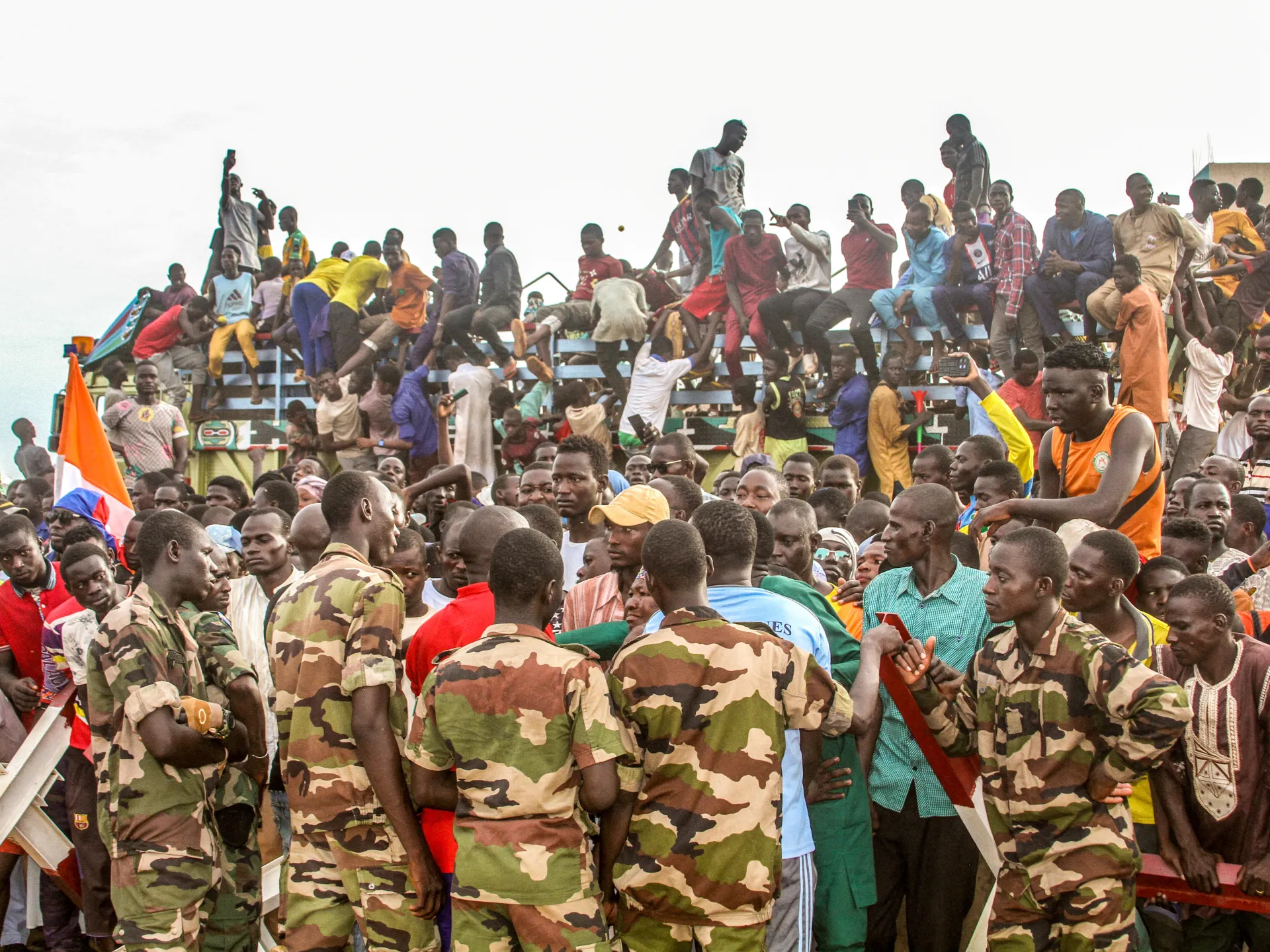
July 29 has marked defining political shifts across West Africa, with events in Senegal, Nigeria, and Niger reshaping the region’s history.
In Senegal, on 29 July 1934, Galandou Diouf of Rufisque became a Member of Parliament in the French National Assembly, succeeding Blaise Diagne during the 15th legislature of the Third Republic. Diouf, only the second non-mixed-race African to hold such a seat after Diagne, was celebrated for championing the rights of French West Africans, particularly veterans, advocating their access to French citizenship. His election represented a crucial moment in colonial-era political representation.
Nigeria faced a far more turbulent turn on 29 July 1966, when a counter-coup by northern military officers reshaped the nation’s leadership and set the stage for the devastating Biafran conflict. The operation, spearheaded by Lieutenant Colonel Murtala Mohammed and Major Theophilus Danjuma, toppled General Johnson Aguiyi Ironsi, then Nigeria’s military head of state. Ironsi and Colonel Adekunle Fajuyi, Governor of the Northern Region, were captured and executed in Ibadan, alongside roughly thirty other officers, predominantly Igbo. The coup elevated Lieutenant Colonel Yakubu Gowon to power and sparked a wave of inter-ethnic violence, culminating a year later in Biafra’s secession and a civil war that claimed over one million lives.
Niger, by contrast, saw 29 July 1991 as a turning point towards democratic transition. The National Sovereign Conference opened in Niamey, uniting political parties, trade unions, religious figures, and military leaders to dismantle President Ali Saibou’s military regime. Over two months, more than 1,100 delegates held closed-door debates, resulting in the drafting of a new constitution, the introduction of a multiparty system, and the formation of a transitional government under Amadou Cheiffou.
Though the institutions created from this process faced challenges, the conference became a reference point for democratic movements across French-speaking Africa.



